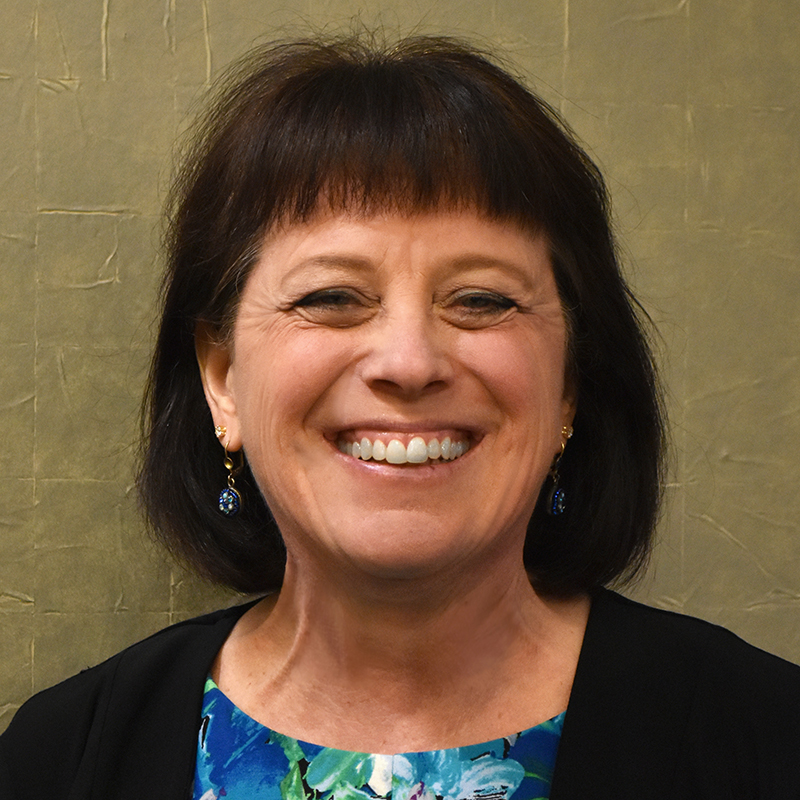Leading a Jewish agency comes with unique challenges, and a new program from the Jewish Federation of Greater Kansas City aims to foster cooperation among those at the top.
The Community Leadership Forum held its final monthly session in March, concluding nearly a year of regular meetings among a handful of people holding top leadership posts — or about to be in those positions — in the community.
The program drew from a cross-section of organizations, including The J, KU Hillel, Jewish Family Services, Village Shalom and more.
“One of the goals of the program is to provide top agency leadership with the skills and experience they need to lead their agencies,” said Andi Milens, senior director of community building for the Federation. “Equal, if not more important, was building a community of leaders and helping develop relationships between them. A lot of them knew each other but didn’t necessarily have relationships around their leadership capacities.”
Slated to start last year just as the pandemic took hold, the program had to adjust quickly. Speakers conducted every session online and altered the way they addressed some topics to keep them relevant with the challenges people were encountering.
“It went more smoothly than we imagined. We were still learning how to use all features of Zoom at time,” Milens said.
Despite not meeting in person, Milens thinks participants bonded by discussing common issues.
“This was a place where trust could be built. They got to know each other and saw connections that they may not have seen otherwise,” she said.
That was true for Shanny Morgenstern, chair of The J, who participated in the forum.
“I think the most valuable part to me was just building connections with the other chairs. We had a fairly small group, and people were honest with each other. I now have a name and face with people I didn’t necessarily know before,” she said.
Topics of discussion included everything from potential changes in demographics to what past heads of agencies wished they had known when they started.
“I’m hopeful to see more organizations working together to create for the community, to build the community, to fill any gaps there are in what the community needs — certainly not competing with each other, but identifying needs together and responding as a community,” Milens said.
Morgenstern said it was interesting to see the different challenges agencies faced as a result of the pandemic. Whereas The J was concerned with finances, JFS had an abundance of donations but had to figure out how to provide service for the surging need.
She also was fascinated with the various guest speakers.
“We had a guest speaker who was black and another guest speaker who was identified not as male or female. We as Jewish people like to think we’re not prejudiced, but in fact we are, and it’s something that is imperative that we address and work on,” she said. “That part of the conversation was eye-opening. There is prejudice in our community. There are people not treated fairly for no particular reason of anything they’ve done, just because of the group they identify with.”
Milens hopes the relationships built in the program will continue as these leaders go forward in their work for various Jewish institutions. She anticipates the leadership forum to be an ongoing initiative, though turnover among agency leadership will determine the frequency of the program.
“All of our institutions have a role to play in our community from Jewish Family Services to JCRB/AJC, from New Reform Temple to Beth Shalom. If we see this community as a community of the whole and work together, we are serving the community better,” Milens said. “None of them have to be in this alone. It can be a lonely thing to be a leader of an agency, and they’re not alone.”




